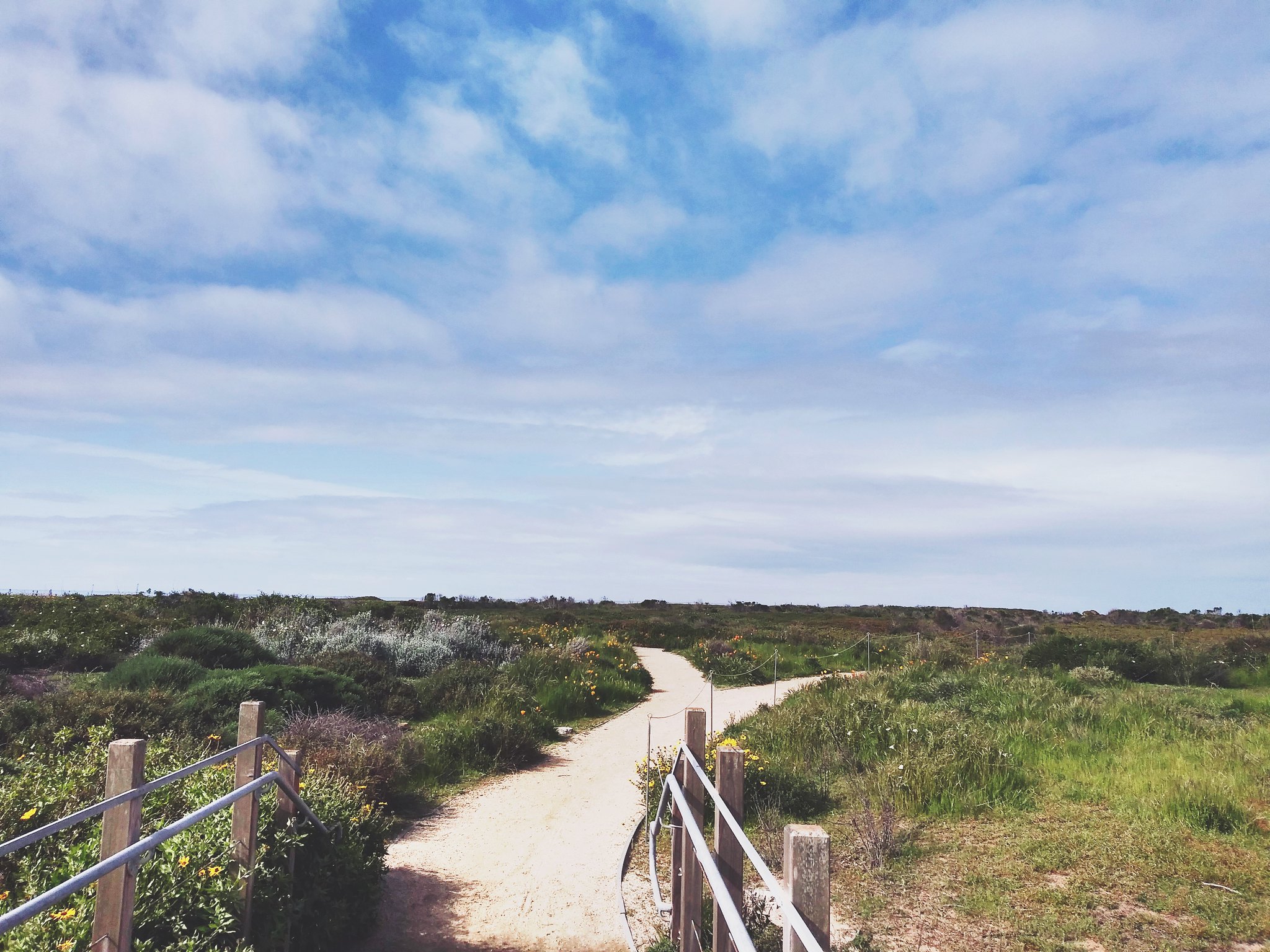“Two roads diverged in a wood and I-
I took the one less traveled by,
And that has made all the difference.”
‘The Road not Taken’ by Robert Frost.
‘The Road not Taken’ is a poem by Robert Frost, where he talks about the impact of making different choices. The poem has stuck with me as I believe it resonates with my choice to specialize in family medicine – unknown to more than half of the medical graduates in my country, Pakistan.
In Pakistan, becoming a doctor is a dream that many parents have for their children. It is considered noble, and it ensures a relatively stable income in the economic stagnation that we face. But when it comes to making a choice of specialization, many fields that are well established in the rest of the world are unheard of, underdeveloped and underrated in Pakistan.
‘Family medicine’ – I heard the words for the first time from my sister, who had a friend who decided to pursue the specialty at Aga Khan University Hospital (AKUH) in Karachi, the pioneer institution and one of the few places that offered fellowship training in the discipline. Her class fellows were astonished. “But she was a very bright student, why did she go into family medicine?”
This astonishment stemmed from young aspiring graduates, who found sub-specialty and super-specialty to be lucrative options for a postgraduate degree. Anyone settling for a mundane field like primary care would mean that the person either lacked talent or motivation. While they mourned the waste of a good brain, the 15-year-old that I was back then thought this field might be for me as perhaps they choose not-so-bright people!
Years later, as a fresh graduate from medical college, the only additional information about family medicine for me by then was that my sister’s friend had moved to Australia after her residency.
Internship at AKUH followed, and I didn’t get a slot in family medicine as they were taken up by high achievers in the selection tests. My first desire to become a ‘generalist’ came in a specialty clinic while seeing a patient with multiple comorbid conditions. As soon as the patient would utter a new presenting complaint, I would do my referral form, making duty like any efficient intern. By the end of that consultation, I had referral letters made to endocrinology, cardiology, pulmonology and orthopedics.
Post-internship, the real dilemma came. The time to decide my area of specialization had arrived. As JK Rowling said, “There is an expiry date to blaming your parents for the decisions they take for your life.” For the first time, this had to be a decision that I made for myself, and there would be no one to blame if it did not go well.
I finally made the choice after two years. In those two years, I questioned what I wanted to do for the rest of my life. The answer came after doing short stints at community-based family medicine clinics in early 2018. The chance to see the grandmother for her osteoarthritis, the daughter, a new mom, for her postnatal check and the grandson for his well-baby check was immensely gratifying. And in 2019, there I was in the residency program at the same AKUH.
A journey began that was nothing short of a roller coaster ride. Though I thought that it was a well thought out decision, doubts were created by those around me every day. From my aging, innocent parents who found it hard to explain ‘family medicine,’ to relatives, to colleagues who would comment on the field having no scope. From seniors of internship year who would sigh with disbelief, “Family medicine, c’mon,” to well-wishers who would tell me that it is still not too late to change the specialty. Amid these doubts I somehow made it to the second year of our residency. The comments continued…“It’s a very small club. There is no growth. You won’t be saving a life like we do, is that satisfying?”
At the threshold of completing my four years here, I have realized that choosing the road less traveled has really made all the difference. Had it not been a small club, shy residents like me would have been lost in the crowd. I’m grateful for all the mentors who recognized my strengths.
We are a better version of ourselves than how we came in the first year – that is growth to me.
And yes, it’s satisfying since we save lives by taking time out to talk to our patients about prevention of disease. It may not sound heroic, but the impact of these small talks can mean a better tomorrow for the population, a whole generation.
To quote JK Rowling again,
“It is our choices, Harry, that show what we truly are, far more than our abilities”
The choice I made four years ago was the best I have made this far!
Image Credit: (Two roads diverged in a wood” (CC BY-NC-ND 2.0) by Nguyen-Dang Tung)

